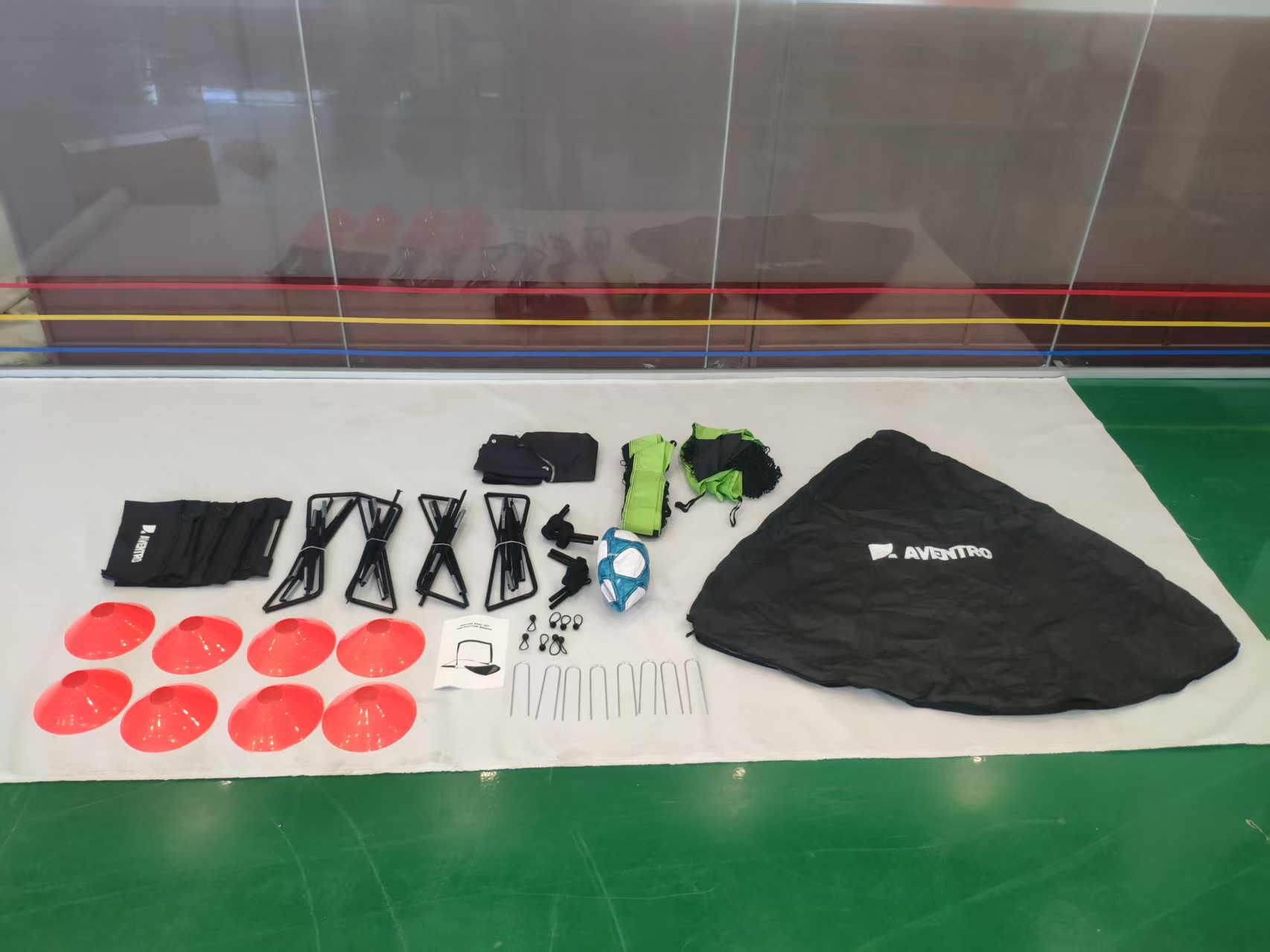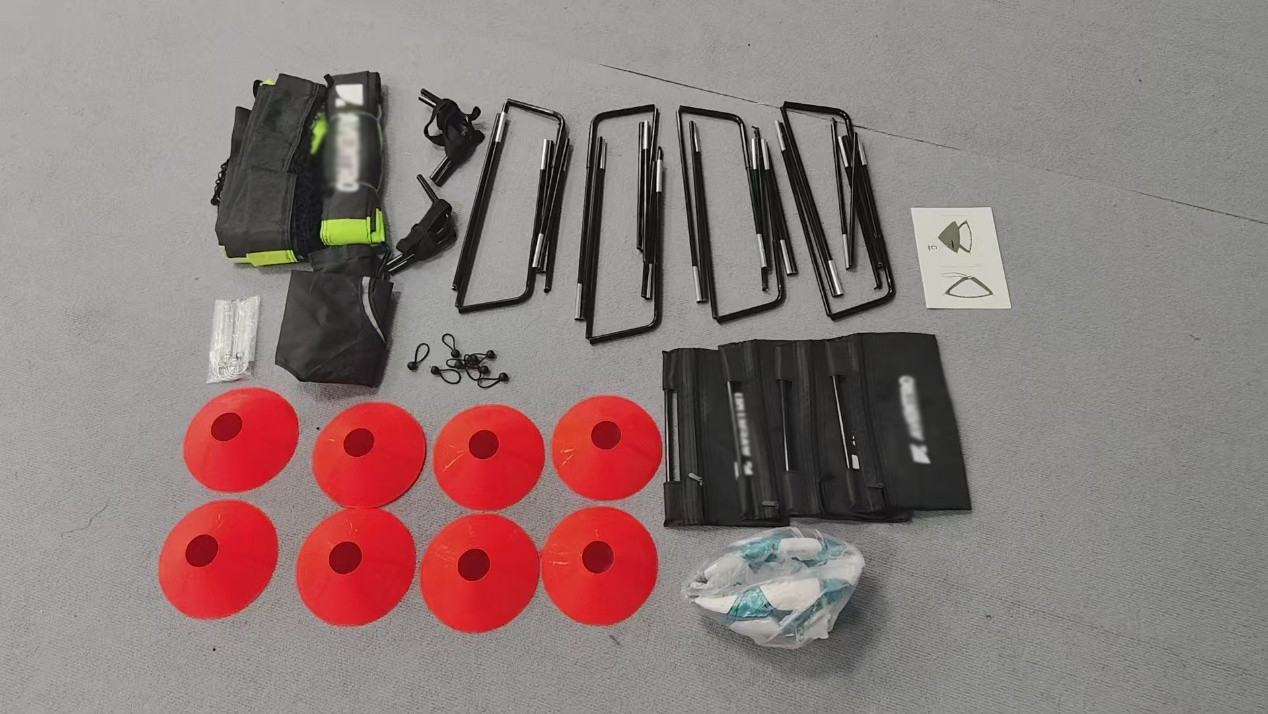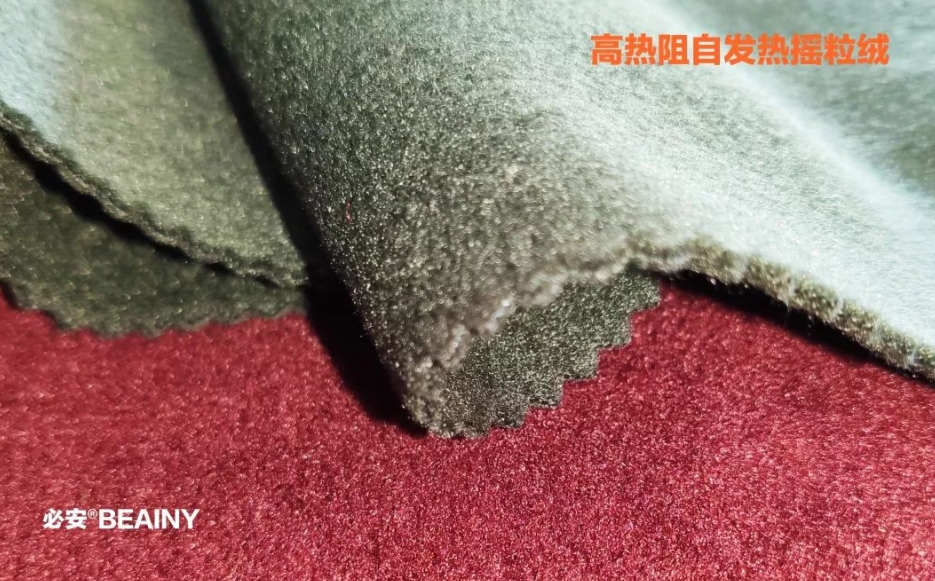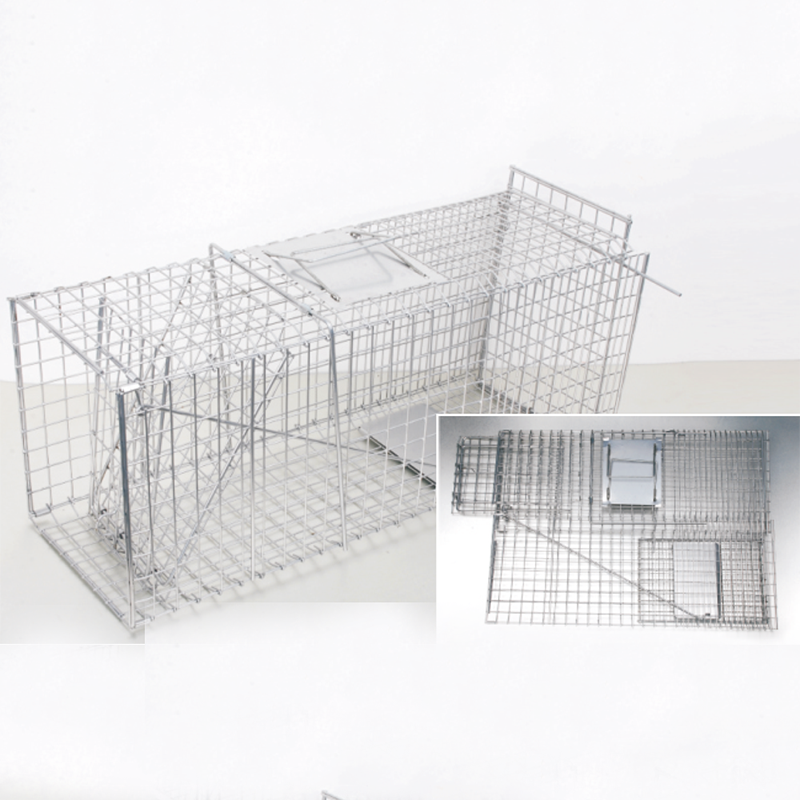In electric heating systems, insulation materials play a vital role. Different insulation materials are suitable for different occasions and environmental conditions. Choosing the right insulation material can not only improve the efficiency of electric heating, but also extend the service life of the equipment. Here are some common insulation materials and their advantages.
First of all, polyurethane insulation material is an excellent thermal insulation material. It has the advantages of low thermal conductivity, good thermal insulation performance, high strength, and corrosion resistance. Polyurethane foam can effectively prevent heat loss and improve the thermal energy utilization of electric heating systems. In addition, it has good waterproof performance and is suitable for various humid environments.
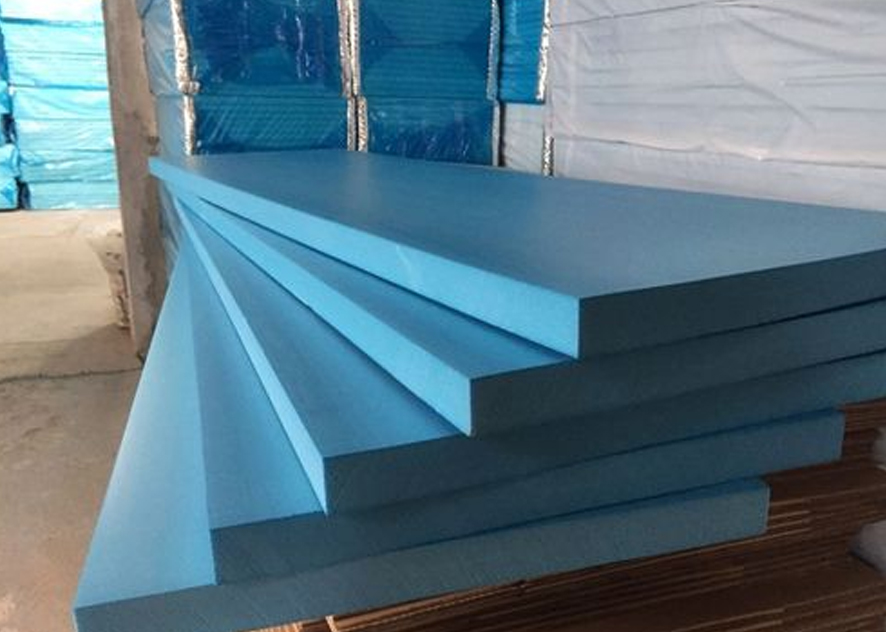
Secondly, glass wool insulation material is also one of the commonly used insulation materials in electric heating systems. Glass wool has excellent thermal insulation properties and can effectively reduce heat loss. It also has good sound absorption properties, which can reduce the transmission of noise. Glass wool has good high temperature resistance and is suitable for electric heating systems in some high temperature environments.
In addition, aluminum silicate fiber insulation material is also an excellent insulation material. Aluminum silicate fiber has the advantages of high temperature resistance, low thermal conductivity, light weight, and corrosion resistance. It is often used for insulation of high-temperature equipment, such as industrial furnaces, pipelines, etc. The fiber structure of aluminum silicate fiber gives it good thermal insulation properties and can effectively reduce heat energy transfer.
Rock wool insulation is also a common choice in electric heat tracing systems. Rock wool has good thermal insulation and fire resistance properties and can play a certain protective role in the event of fire. Its high temperature resistance makes it suitable for some high temperature environments. Rockwool’s relatively low price makes it attractive for some projects on a budget.
Finally, rubber and plastic insulation materials are favored for their softness and elasticity. Rubber and plastic materials have good thermal insulation and vibration damping properties, which can reduce pipeline vibration and noise. It also has certain acid and alkali resistance and is suitable for electric heating systems in some special environments.
When selecting insulation materials, many factors need to be considered, such as temperature range, corrosion resistance, waterproofness, fire resistance, etc. Different insulation materials have their own characteristics and application ranges, so they should be selected according to specific circumstances in actual applications. At the same time, the installation quality of insulation materials also has an important impact on the effectiveness of the electric heating system. Ensuring that the insulation materials are installed tightly and seamlessly is the key to ensuring system performance.
All in all, different insulation materials in electric heating systems have their own advantages. Choosing the right insulation material can improve the energy efficiency of the system, reduce energy consumption, and extend the life of the equipment.

 English
English Español
Español Português
Português русский
русский français
français 日本語
日本語 Deutsch
Deutsch Tiếng Việt
Tiếng Việt Italiano
Italiano Nederlands
Nederlands ไทย
ไทย Polski
Polski 한국어
한국어 Svenska
Svenska magyar
magyar Malay
Malay বাংলা
বাংলা Dansk
Dansk Suomi
Suomi हिन्दी
हिन्दी Pilipino
Pilipino Türk
Türk Gaeilge
Gaeilge عربى
عربى Indonesia
Indonesia norsk
norsk اردو
اردو čeština
čeština Ελληνικά
Ελληνικά Українська
Українська Javanese
Javanese فارسی
فارسی தமிழ்
தமிழ் తెలుగు
తెలుగు नेपाली
नेपाली Burmese
Burmese български
български ລາວ
ລາວ Latine
Latine Қазақ
Қазақ Euskal
Euskal Azərbaycan
Azərbaycan slovenský
slovenský Македонски
Македонски Lietuvos
Lietuvos Eesti Keel
Eesti Keel Română
Română Slovenski
Slovenski मराठी
मराठी Српски
Српски 简体中文
简体中文 Esperanto
Esperanto Afrikaans
Afrikaans Català
Català עִברִית
עִברִית Cymraeg
Cymraeg Galego
Galego 繁体中文
繁体中文 Latvietis
Latvietis icelandic
icelandic יידיש
יידיש Беларус
Беларус Hrvatski
Hrvatski Kreyòl ayisyen
Kreyòl ayisyen Shqiptar
Shqiptar Malti
Malti lugha ya Kiswahili
lugha ya Kiswahili አማርኛ
አማርኛ Bosanski
Bosanski Frysk
Frysk ជនជាតិខ្មែរ
ជនជាតិខ្មែរ ქართული
ქართული ગુજરાતી
ગુજરાતી Hausa
Hausa Кыргыз тили
Кыргыз тили ಕನ್ನಡ
ಕನ್ನಡ Corsa
Corsa Kurdî
Kurdî മലയാളം
മലയാളം Maori
Maori Монгол хэл
Монгол хэл Hmong
Hmong IsiXhosa
IsiXhosa Zulu
Zulu Punjabi
Punjabi پښتو
پښتو Chichewa
Chichewa Samoa
Samoa Sesotho
Sesotho සිංහල
සිංහල Gàidhlig
Gàidhlig Cebuano
Cebuano Somali
Somali Точик
Точик O'zbek
O'zbek Hawaiian
Hawaiian سنڌي
سنڌي Shinra
Shinra հայերեն
հայերեն Igbo
Igbo Sundanese
Sundanese Lëtzebuergesch
Lëtzebuergesch Malagasy
Malagasy Yoruba
Yoruba





